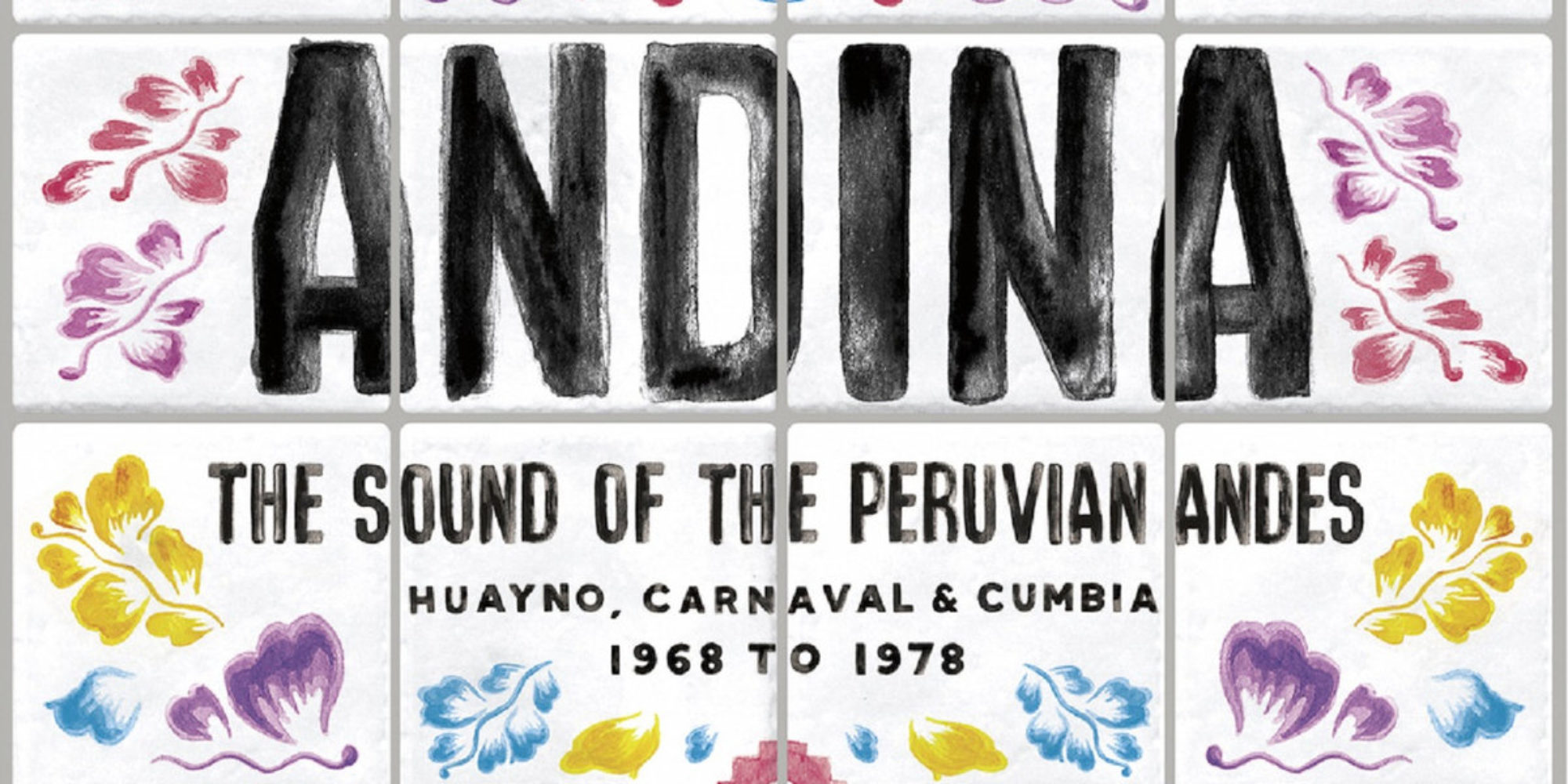Ah, the ‘70s! Such a rich and quirky time for popular music everywhere. And Peru is no exception, as this unique compilation mightily attests. The record label Tiger’s Milk is dedicated to revealing hard-to-find Peruvian music, past and present. Andina is curated by Peruvian-born Martin Morales who, in addition to founding Tiger’s Milk, is an award-winning chef as well, dedicated to putting Peruvian cuisine on the map. This collection of 17 short, snappy tracks is the fruit of Morales’s recent visit home in search of recipes and records. If the food is anywhere near as delightful as these tracks, send the menu now! (As it happens, Morales’s accompanying Andina cookbook, The Heart of Peruvian Food, has just been published as well.)
The tracks on Andina originate in part from the actual Andes, but also from coastal cities like Lima and all with notable Afro-Peruvian musica criolla influences. The dominant rhythm is the distinctive lope of cumbia, an influence from neighboring Colombia, but with all sorts of Peruvian elements blended in—Andean folk rhythms and tonalities, lively criolla drumming, and often, the whoops and hollers of a highland
These brief, gently joyous tracks will definitely get you bobbing in your chair, if not taking to the floor for a spontaneous gambol. Only a few of these tunes have actual vocals. “Toyascha” by Conjunto Kori Cinta De Huancavelica, is one, backing a strong, high, clear female lead with the jangly harps of Andean huayno music. Another is “Recuerda Corazón” by La Peruanita, a
Many of these giddy selections are are purely instrumental, featuring electric guitars, saxophones, clarinets and accordions in the lead role. There’s some piano, brass, violin and early
Even where there’s no singing per se, we hear all sorts of vocal interjections—cries, laughter, sharp exchanges of words—more like the sounds of revelers cheering on the musicians than of performers. These voices are clearly part of the style, heightening the party atmosphere and drawing the listener into the scene. The soundscapes on this album easily conjure visions of all night celebrations with frantically swinging couples dancing, hilarity and no doubt a share of drunkenness. Take Los Turistas del Mantaro’s “Agua Dulce” where clarinet and sax engage in back and forth and then harmonize sweetly as the party rages on deliriously.
These being recordings from a half-century ago, the audio quality varies widely from track to track. But it hardly matters. Open your heart to these Peruvian party songs, and you’ll never want them to stop.









